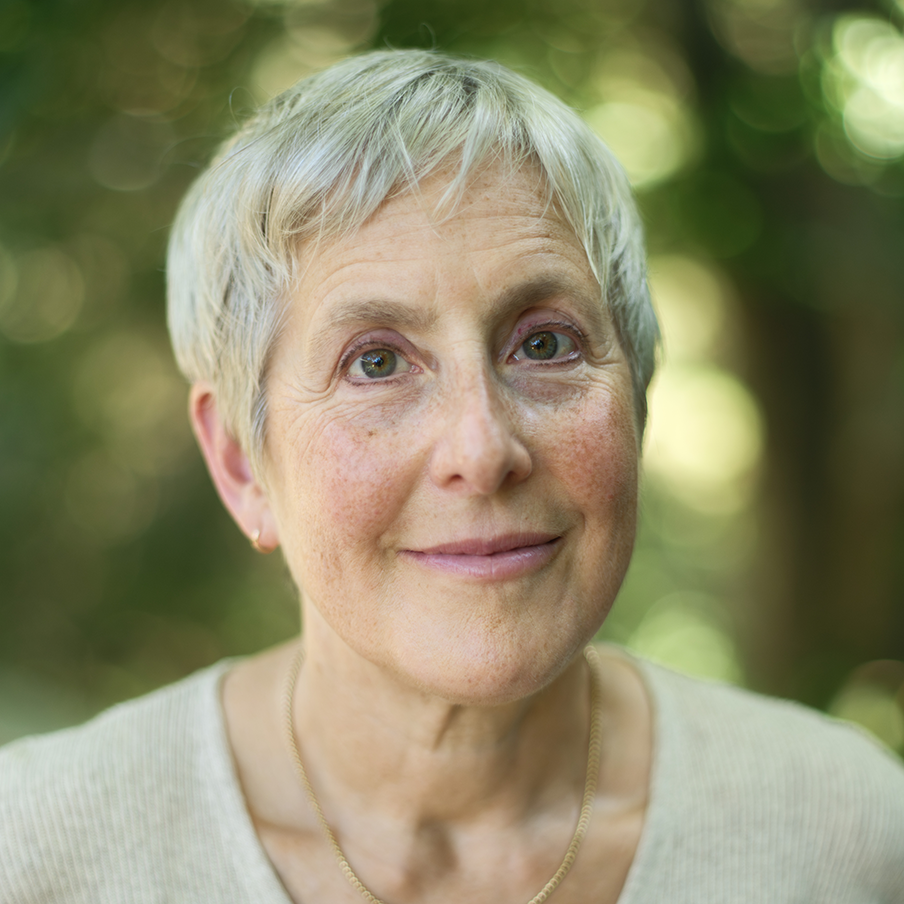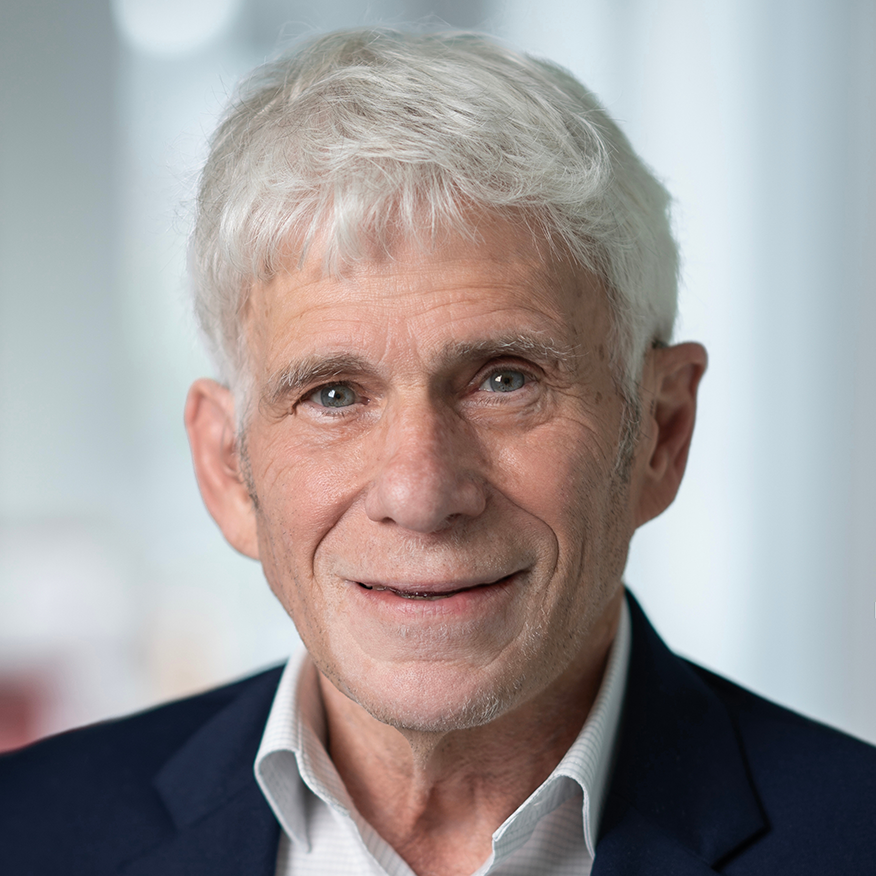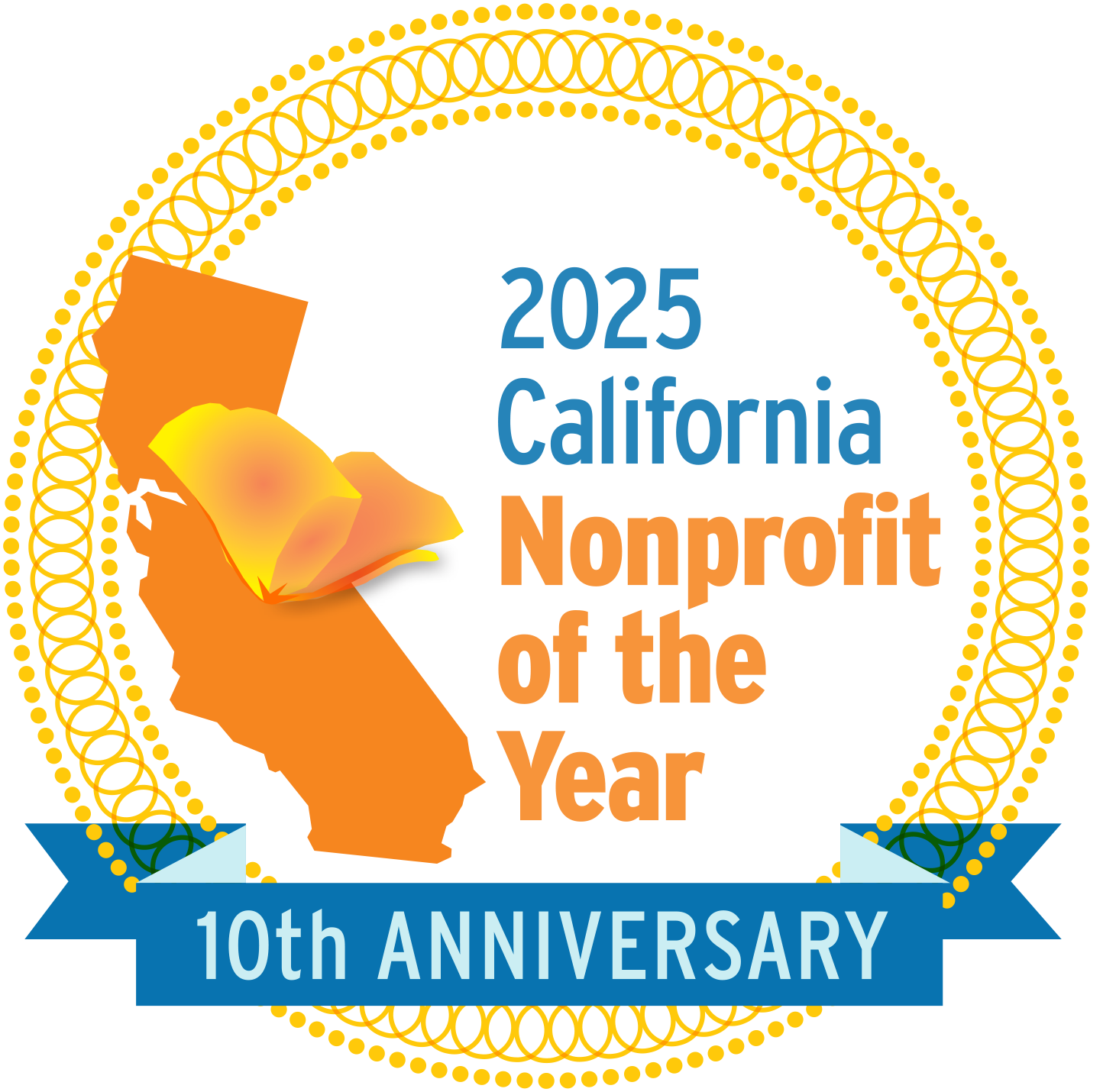Dear friends,
Over the last few months, many friends and colleagues have asked about how the current political turmoil in the U.S. is impacting Mount Tamalpais College, or might in the future. These conversations have sparked some reflections that I thought might be useful to share with all of you.
First, to answer the question most concretely: MTC receives no funding from the state or federal government; we are supported entirely by individuals and foundations. As a result, our financial situation is not directly threatened by any of the recent cuts to federally-funded programs and services.
In addition, because San Quentin is a state, not federal, institution, the prison’s operational budget is not directly impacted by current federal budget cuts. How California might react to other fiscal impacts on the state as a whole, and how this might ultimately impact the California Department of Corrections and Rehabilitation, remains to be seen.
Despite MTC’s insulation from current federal budget cuts, we are clear-eyed about other potential challenges as we move through this uncertain time. One concern is that the individuals and foundations upon whom we rely for philanthropic support may shift their focus to other urgent needs that are now emerging as a result of current political events. The U.S. prison system is a massive humanitarian catastrophe, but chronic crises are easily forgotten when new disasters emerge—as they now do every day. Another potential risk is that fluctuations in the stock market might curtail both individual and foundation giving, whether due to diminished resources or wariness about the future.
For some MTC instructors, many of whom are faculty or graduate students at research universities, the dramatic cuts to federal funding for higher education institutions have already been devastating. The impacts expand daily: positions are being cut; years worth of scientific research is being irreparably disrupted; vulnerable communities and critical problems are being abandoned; some are reconsidering their own career paths. Many people are also deeply concerned about how cuts to the US Department of Education might degrade civil rights protections within education institutions, or undermine the capacity of accrediting agencies to maintain the oversight and accountability of colleges, among other consequences.
Inside San Quentin, as on the outside, some people are tracking current events closely; others much less so. The biggest difference I have long observed between the world inside and outside of prison in times of crisis is how much less shocked people inside are by the cynicism and destructiveness of social and political life. It’s not that they’re not deeply concerned; they’re just not as surprised.
One particularly impacted community at San Quentin, and throughout the prison system, consists of individuals who are not U.S. citizens, are undocumented, or who have loved ones in these situations. The risk of deportation post-release has always weighed heavily on those subject to it, but the sense of now being even more aggressively vilified and targeted—as both immigrants and people with criminal records—compounds that stress profoundly. Adding to the fear and isolation, particularly for non-native speakers of English, is the often frightening challenge of accessing accurate information, navigating the legal system, or finding support services.
My hope at this moment is that the current state of the U.S. and the world will stand as a stark reminder of the critical importance of liberal arts education for society as a whole. In order for democracy to function, each one of us must be able to access and discern quality information; think critically and independently; communicate effectively; engage constructively with worlds far different from our own; and grapple, as a community, with the kinds of enormously complex and high-stakes questions with which we are increasingly confronted.
Why are millions of people fleeing Latin America? How do conflicts between the executive branch and the judiciary get arbitrated? What is the historical and political context of Russia’s invasion of Ukraine? What is “disinformation,” and who defines it? What does it mean to combat antisemitism? What are legitimate, or strategic, forms of political protest?
The impact of MTC as an institution extends far beyond the students it serves and the ways it equips them to be informed and active participants in a healthy democratic society. Many of us who think of ourselves as “educated” live in profoundly homogenous cultural and ideological worlds; many seldom interact substantively with people from different socio-economic backgrounds and we generally consume media that reinforces our existing beliefs. Our conceptions of the political landscape, and the primary narratives through which we interpret events, are typically filtered through crude, culturally manufactured stereotypes about people whom we do not actually know. In an ideal world, educational institutions disrupt precisely such politically and culturally stultifying patterns.
As an academic institution, MTC works to fulfill precisely that promise of education: it does not just disseminate knowledge and formal skills, or teach people to think logically and critically; it also serves as a unique cultural site where people from vastly different worlds teach and learn together, transcend social barriers and stereotypes, and work to achieve the almost impossibly improbable but nevertheless crucial goal of building a high-functioning democratic society.
In this setting, long-neglected brilliance and creativity are cultivated, core assumptions are shattered, people with wildly different viewpoints treat one another with respect, and courageous leaders emerge. It is also a place where people continually reflect upon and model what it means to be loyal to a principle, rather than to a group–and what it looks like to boldly step away from one’s own cultural “tribe” and weather the often serious impact of dissent.
There has never been a more urgent time to cultivate this type of space–a space that expands access to critical reading, writing, thinking, and debate; to bodies of knowledge like history, law, government, epidemiology, religion, economics, ethics, neuroscience, psychology, politics, and technology – in short, a space that develops the capacity of every single individual to contribute to building a healthier, more humane society, wherever they stand.
With warm regards,

Jody Lewen
President





